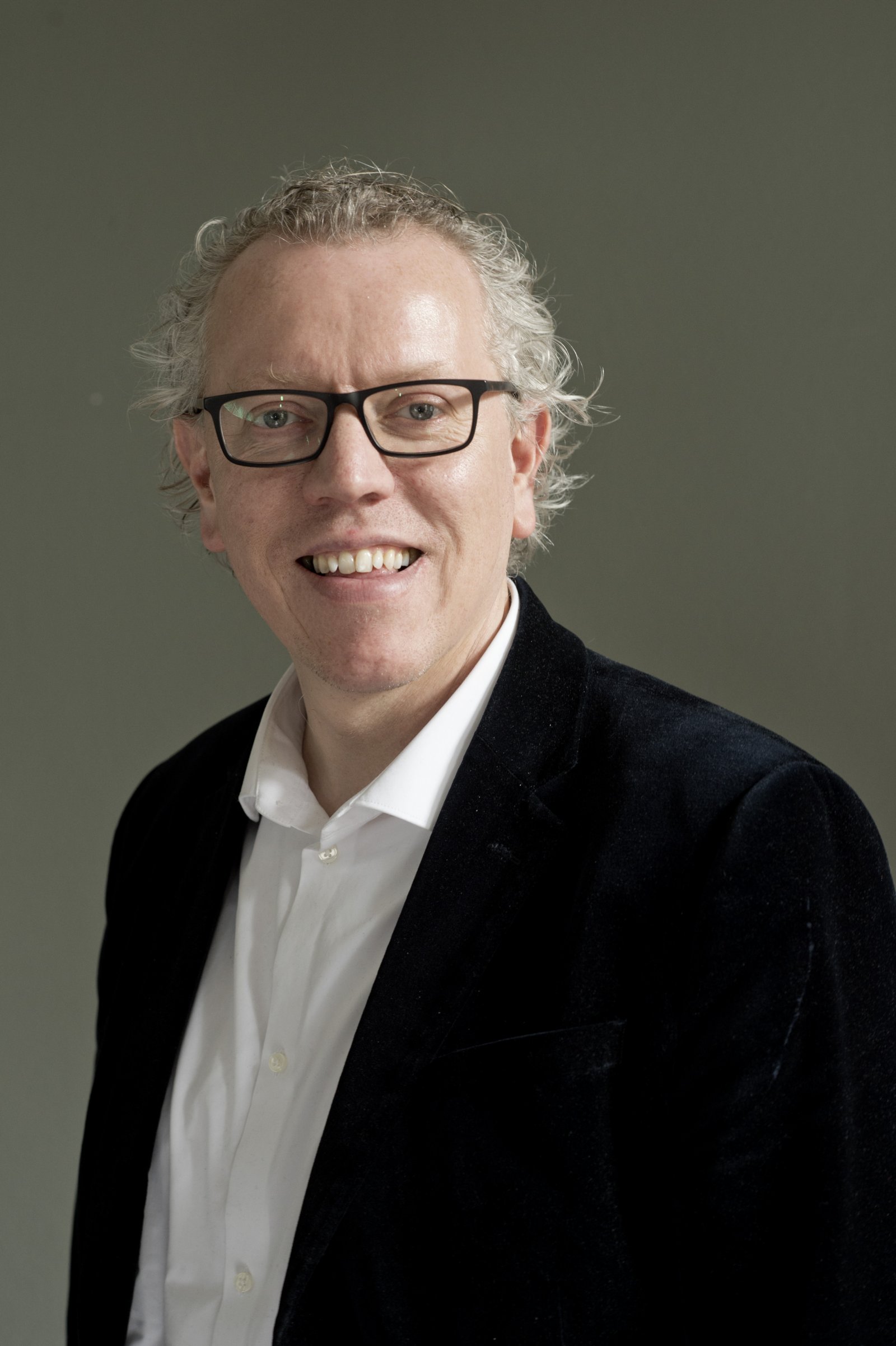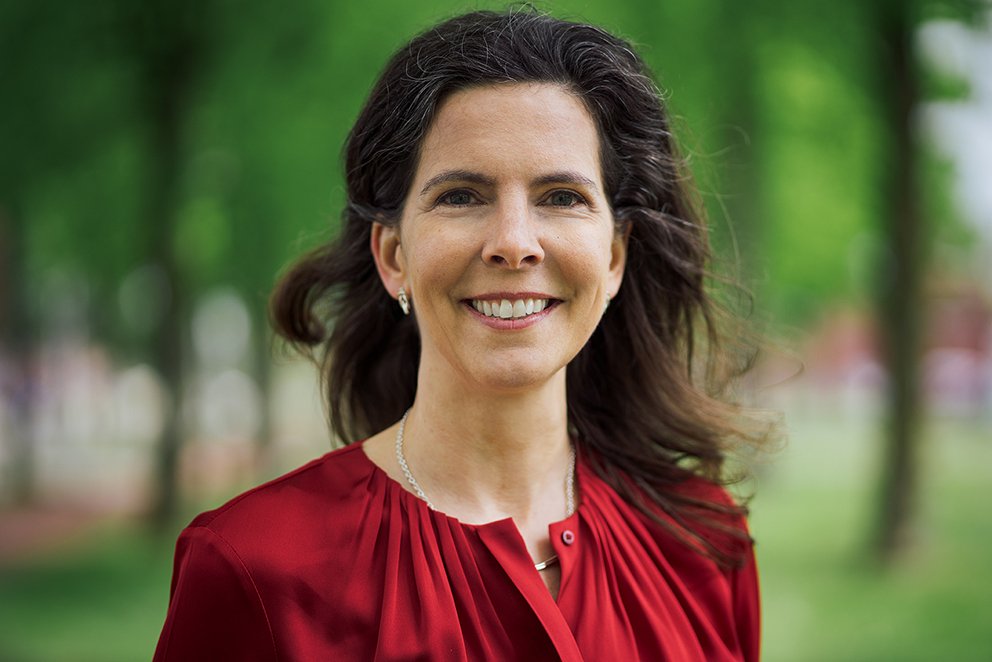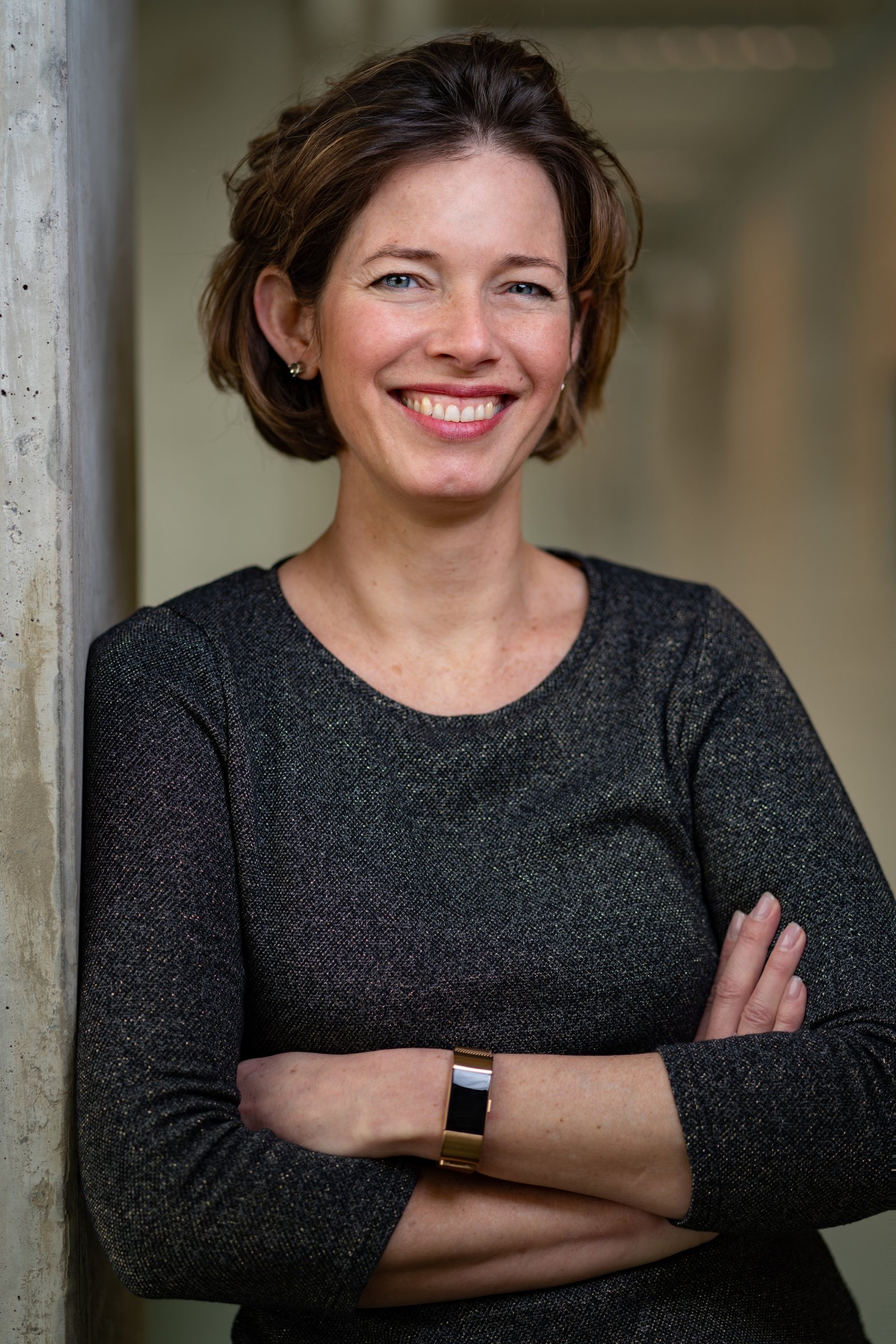Open Science
‘Ultimately it is the team effort which ensures that everything comes together’
Open Science is one of the pillars of the Utrecht University strategy. Its key features are openness, reliability and relevance for society. Recognising and rewarding employees in a new way is also important for the transition towards Open Science. Paul Boselie, leader of the Recognition and Rewards programme of Utrecht University, explains what the programme entails and Debbie Jaarsma (Dean) and Marianna Tryfonidou detail how this is implemented within the Faculty of Veterinary Medicine.
We do not shy away from the discussion

‘Recognition and Rewards is part of the Open Science Programme at Utrecht University, but it also reflects a national development that started in 2019 with a position paper from, amongst others, the Association of Universities in the Netherlands (VSNU). And internationally there are also developments that Utrecht University participates in such as signing the Declaration on Research Assessment (DORA).’
‘We have developed a vision document in which we present the so-called TRIPLE model. TRIPLE stands for team spirit, research, impact, professional performance, leadership and education. Team spirit and leadership form the basis of the model, and together, they support the three key domains of the university: education, research and professional performance, such as patient care. Impact is the way in which we work, and it is an integral part of the three domains and how we shape these, for example in the co-creation with societal partners.’
‘We are elaborating the model into a template that the faculties can use. The Executive Board and the deans are fully committed to the new system of Recognition and Rewards and that gives a lot of impetus to the movement. Of course, implementing something new is not without the inevitable friction and resistance. For example, there will be vacancies where people say: but that does not fit in the new system of Recognition and Rewards. We also see that, and we do not shy away from the discussion. In due course, this approach will allow us to make gradual advances towards a different system of Recognition and Rewards.’
Other career pathways will become more important

‘I always say: focus on the people who work in your organisation. Recognise what they do and what they are good at. And provide them with a perspective too. How can you develop, where does your talent lie and how can you use this talent to contribute to the aims of our faculty community? Everybody has unique qualities that supplement each other within a team. Nowadays, the competition often already starts between students. We want to convince them that teamwork is vital in our modern world. The complex issues we are facing can no longer be solved by individuals.’
‘We will be thinking about the creation of different career possibilities. For example, a career pathway that allows you to become professor in patient care or when you have a background in education. I would be really pleased if people gain the confidence to choose something other than the traditional research pathway. Then we will also acquire a more diverse faculty community.’
‘In time, I hope that our researchers, lecturers and clinicians, actually all of our employees, will be rewarded for what they do in the Netherlands and worldwide. And that this rewarding will be in the form of the grants they acquire but also, for instance, in the form of the educational accomplishments they deliver. That is why it is so important to make everything visible. So, perhaps it can be made apparent in a PhD thesis what the PhD student did within his or her own team to realise impact. Or in the case of fundamental research, it could be stated how this is incorporated in educational material. Once we start doing things like this, then we will have made a lot of progress.’
It is about team effort

‘We all have different roles and everybody contributes to the outcome. Now it is sometimes only the hotshots who gain recognition, but they cannot achieve this unless they have a fantastic team behind them. One person might have a knack for public engagement, whereas another is good at ensuring that processes work well, while a third focuses more on publications. Ultimately, it’s the team effort, which ensures that everything comes together.’
‘In the Open Science Team of the Faculty of Veterinary Medicine, we are further elaborating the Utrecht University model. We want to obtain information from the organisation about how we can best set up certain things and take small steps to realise the new system of Recognition and Rewards within the organisation. What we definitely do not want to do is produce checklists that increase the workload or that create even more forms for line managers to fill out. If you wish to realise a cultural change, then you should not do that on a very large scale in one go, but rather in small concrete steps.’
‘When you convert a position into a task, you can focus more on talent. Once it is clear which talent you have, you will also be able to achieve a certain position without needing the status that this currently requires. In this way, patient care will also acquire a different form of recognition because you can also be an expert and develop in this field without necessarily having to acquire a large research grant. Come what may, we want to reduce the work pressure and increase the work pleasure. And the latter will definitely happen if each person’s qualities are rewarded more.’

